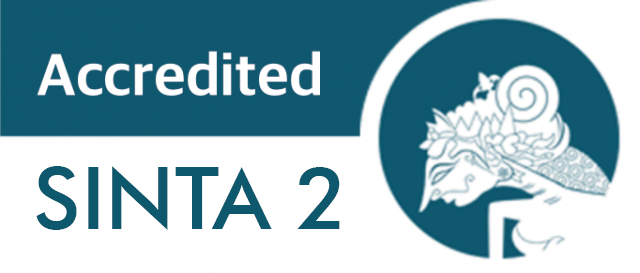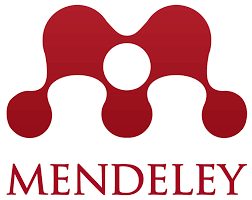Constructivism Based Learning: Design and Practice
DOI:
https://doi.org/10.15408/tjems.v2i2.3183Keywords:
learning constructivism, realistic mathematics learning, problem-based learning, inquiry learning, thematic learning, Konstruktivisme pembelajaran, pembelajaran matematika realistis, pebelajaran berbasis-masalah, pembelajaran inkuiri, pembelajaran tematikAbstract
Abstract
One of many problems in the madrasahs is that learning processes less-involve students actively (teacher-centered), thus, it affects to the improvement of learning outcomes and quality of the graduates. The purposes of this study are , firstly, to analyze what type of constructivism learning models, which can be developed to overcome madrasahs’ problems. Secondly, how to design and implement a learning plan based on the developed constructivism models. This research was conducted at Private Islamic Elementary School (Madrasah) Ad-Diyanah Ciputat, South Tangerang. Research method used in this study is descriptive-qualitative research. The results showed that the active learning models based on constructivism are suitable to be developed in the Madarasah, which were the models of Problem Based Learning (PBM), Realistic Learning, Inquiry Learning and Thematic Learning and also how the development of the learning processes from the lesson plans to the learning implementation showed a paradigm shifting from teacher-centered to student-centered.
Abstrak
Salah satu permasalahan di madrasah-madrasah adalah proses pembelajaran yang kurang melibatkan siswa secara aktif (berpusat pada guru), sehingga hal ini mengakibatkan pada peningkatan hasil belajar dan kualitas lulusan. Tujuan dari penelitian ini adalah, pertama, untuk menganalisis jenis model pembelajaran konstruktivisme apa yang dapat dikembangkan untuk mengatasi permasalahan di madrasah. Ke dua, bagaimana merancang dan melaksanakan rencana pembelajaran berdasarkan model konstruktivisme yang dikembangkan. Penelitian ini dilaksanakan di Sekolah Dasar Swasta (madrasah) Ad-Diayanah Ciputat, Tangerang Selatan. Metode penelitian yang digunakan adalah metode deskriptif-kualitatif. Hasil penelitian menunjukkan bahwa model pembelajaran aktif yang berbasis konstruktivisme sesuai untuk dikembangkan di madrasah, yakni model pembelajaran Problem Based Learning (PBL), Pembelajaran Realistis, Pembelajaran Inkuiri dan Pembelajaran Tematik, juga bagaimana pengembangan proses pembelajaran dari rencana pembelajaran ke pelaksanaan pembelajaran menunjukkan perubahan paradigma dari berpusat-pada-guru menjadi berpusat-pada-siswa.
How to Cite : Kurniawati, L. Muin, A. Miftah, R., M. (2015). Constructivism Based Learning: Design and Practice. TARBIYA: Journal Of Education In Muslim Society, 2(2), 123-130. doi:10.15408/tjems.v2i2. 3183.
Permalink/DOI: http://dx.doi.org/10.15408/tjems.v2i2.3183
References
Boud, D & Felleti. 1997. The Challenge of Problem-Based Learning. London: Kogapage.
Bruce, W.C. & J.K. Bruce. 1992. Teaching with Inquiry. Maryland: Alpha Publishing Company, Inc.
Duch, B.J., Groh, S. E., & Allen, D.E. 2001. “Why Problem-based learning?”. The power of problem-based learning. Virginia: Stylus Publishing.
Gravemeijer, K, P, E, 1994, Developing Mathematics Education. Utrecth : CD Press/ Freudentasl Institute
Ibrahim, M. & Nur, M. 2000. Pengajaran Berdasarkan Masalah. Surabaya: UNESA- University Press.
Sund & Trowbridge. 1973. Teaching Science by Inquiry in the Secondary School. Columbus: Charles E. Merill Publishing Company.
Trefers, A. (1991). Realistics Mathematics Education in The Netherlands 1980- 1990 in Realistics Mathematics Education in Primary School. Utrech: Freudenthal Institute.
Vygotsky, L. S. (1978). Mind in Society. Cambridge, MA: Harvard University Press.











